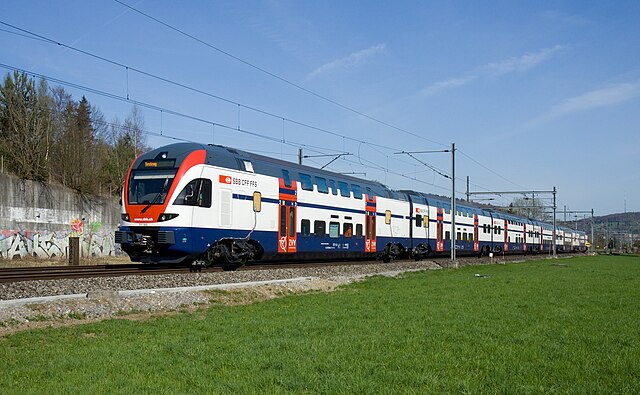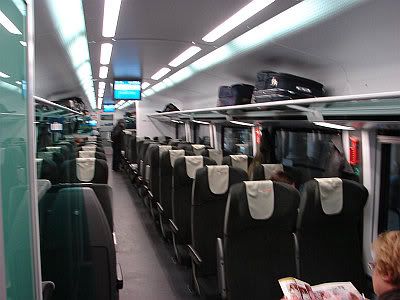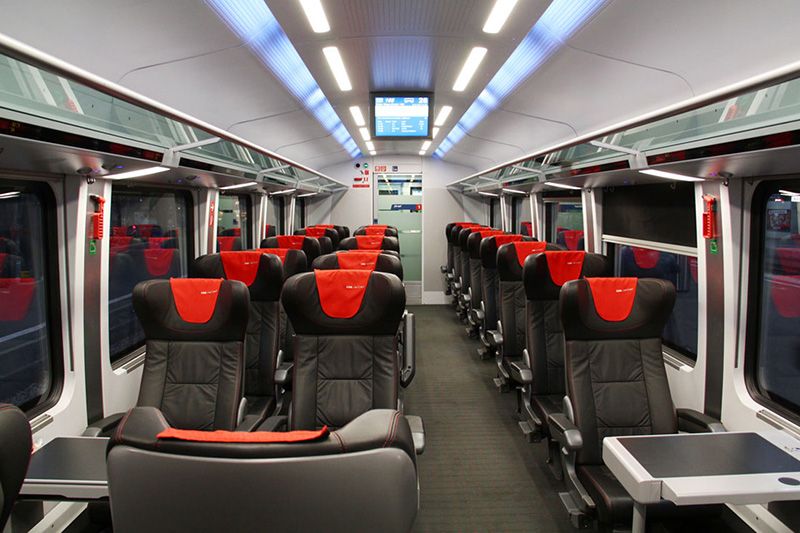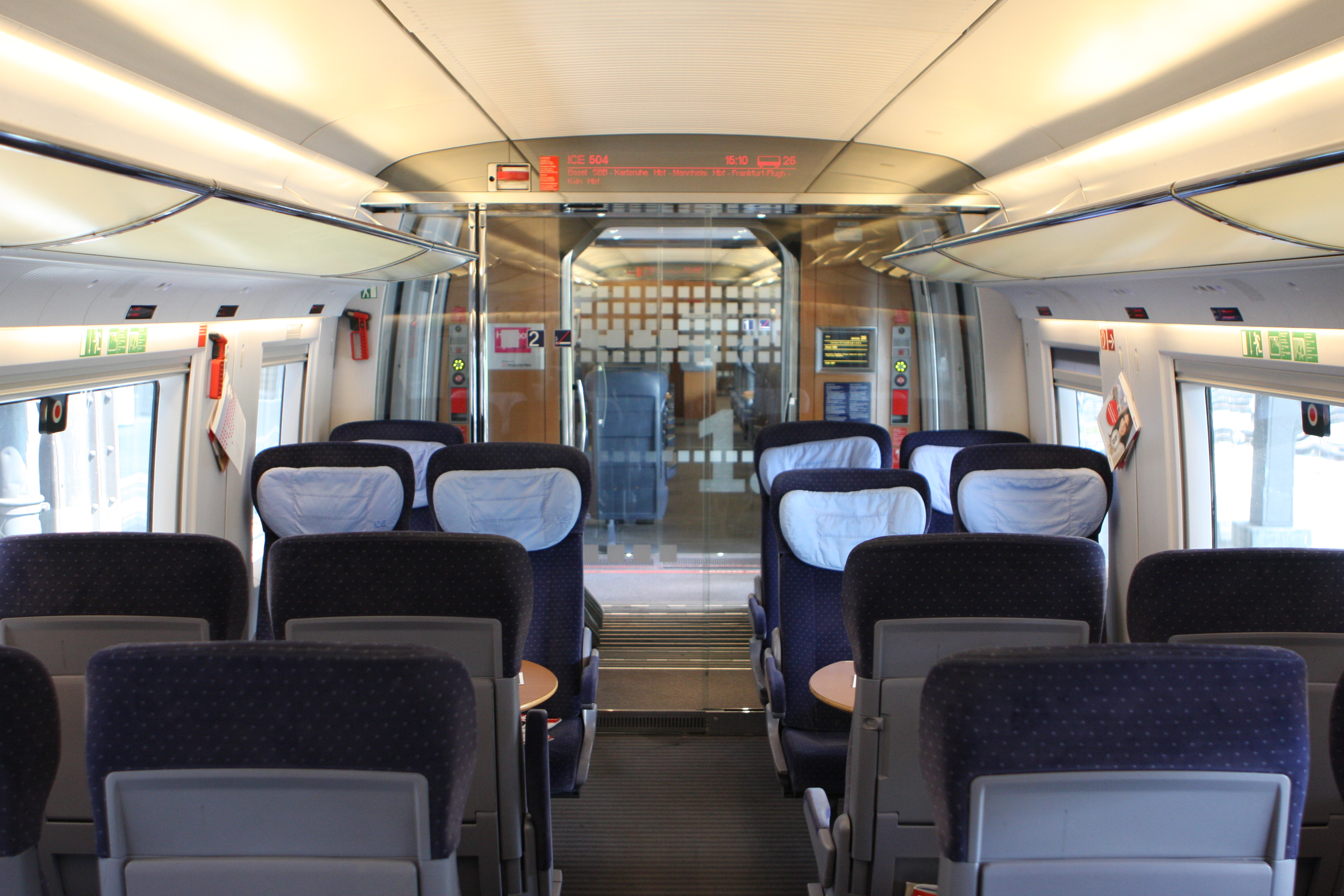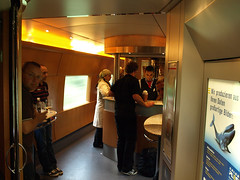The only amenity I need is a place to sit and a train that provides frequent service and runs (mostly) on time.
[...]
Wifi is a waste of money, double so on commuter routes.
[...]
That means that it's not needed.
Of course to have the opinion that WiFi is not needed, or that WiFi on commuter rail is a waste of money, that is absolutely legit.
Maybe one can agree to disagree (with me simultaneously highlighting that for people looking for commuter rail to be even more successful, WiFi or not is not really the core issue, instead making the service as attractive as possible for current and future users is). Some other aspect is that maybe it might not be so relevant if the terminology is being used is that some amenity is needed, or that it is desired, or wished for to be there, or popular when it is there so that possibly for some riders it may be the one quality (probably in combination with other qualities) that causes the scales to tip and that in that way might be needed for them to take commuter rail instead of a different mode of transportation. So without discussion of the exact choice of words in depth, what is meant here in these paragraphs is that something might be needed for the commuter rail system, when it should be offered, in case it increases the attractiveness for many users.
At the same time, many people would agree that it would make sense (in any service business) to try to satisfy the wishes of the customers. If there are customers that wish for something, and/or if there is something that makes them more likely to make use of the service, or/and will make them like the service even more, then it would make sense to implement that something as part of the service offered.
If it just came down to what one single person would think is reasonable, maybe there was someone would not agree with "The only amenity I need is a place to sit" as they thought standing room only was good enough (like often found in Japanese commuter rail). So if it came down to that one person making the decision about the design of the person, maybe it would be no seats and standing room only. Still as a substantial number of US commuter rail users likes seats, it seems to make sense that there should be seats (although in a different meaning of the word, which I would not support, they might not literally be needed).
Obviously it would not be reasonable for a commuter rail system to implement something as part of the service in case just a very small percentage of their customers would wish for it. In the case of WiFi though, the following news article from March 2013 states that 40,000 to 60,000 passengers used MBTA's WiFi service every day.
See here:
http://www.boston.com/yourtown/news/downtown/2013/03/mbta_hopes_to_expand_wi-fi_ser.html
So of daily weekday ridership of 127,500 (as of Q1 of 2013), 40,000 to 60,000 passengers used the service. And that was while WiFi was only "installed on 258 of the T's 410 passenger rail coaches", so maybe a lot of passengers even ended up not using it, just because they sat in a car that did not have WiFi installed yet. That makes it appear like a substantial percentage of commuter rail users would like WiFi, and so it seems to many like it would not be a waste of money.
Especially as there might be some passengers who would have taken their car or some other mode of transportation (or would have chosen not to travel) instead, if it wouldn't be for commuter rail to offer such an attractive service, so offering this amenity might even lead to additional revenue, causing it even less to be any money wasted. Quite the opposite, more likely a good investment instead, as it might make commuter rail even more successful.
